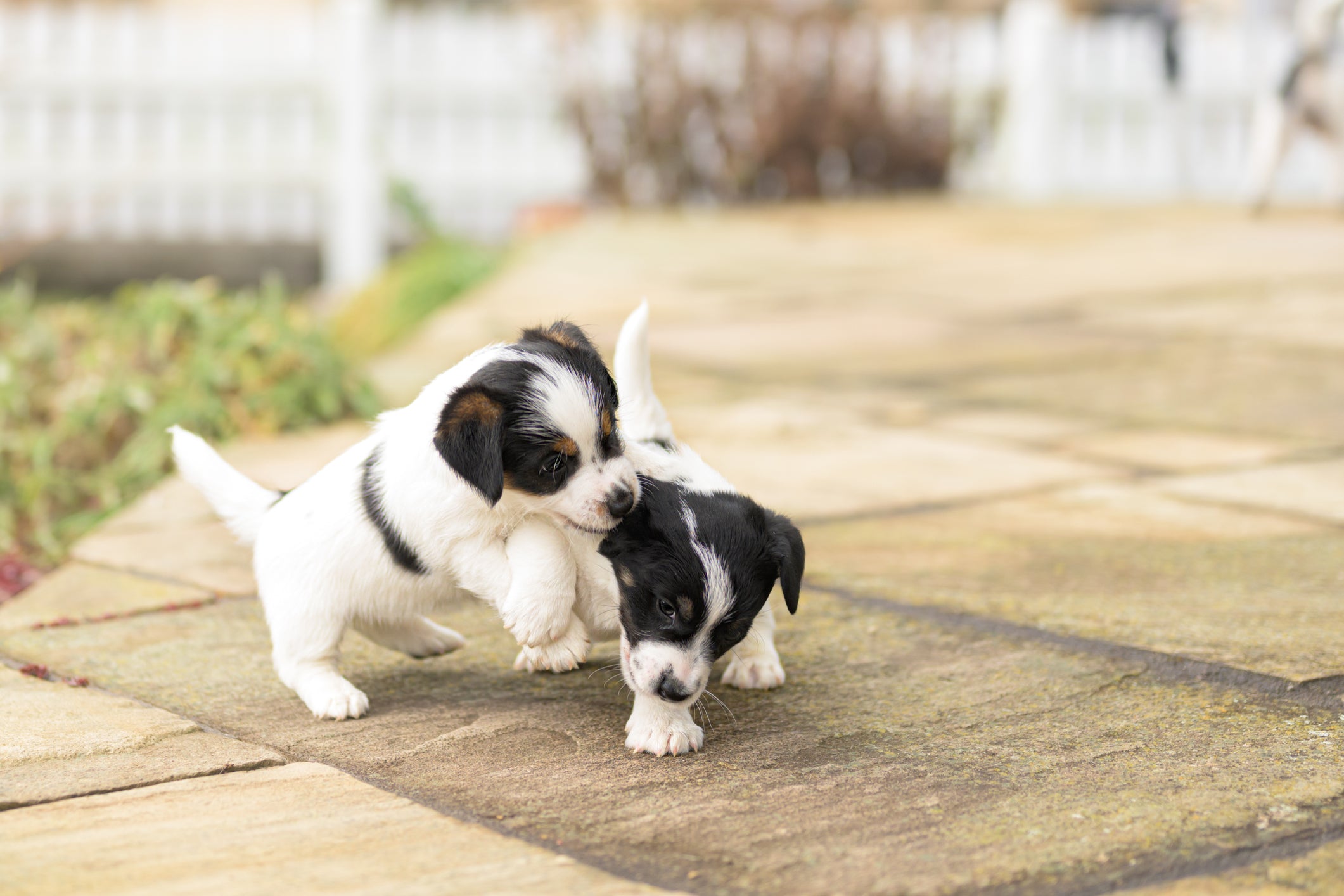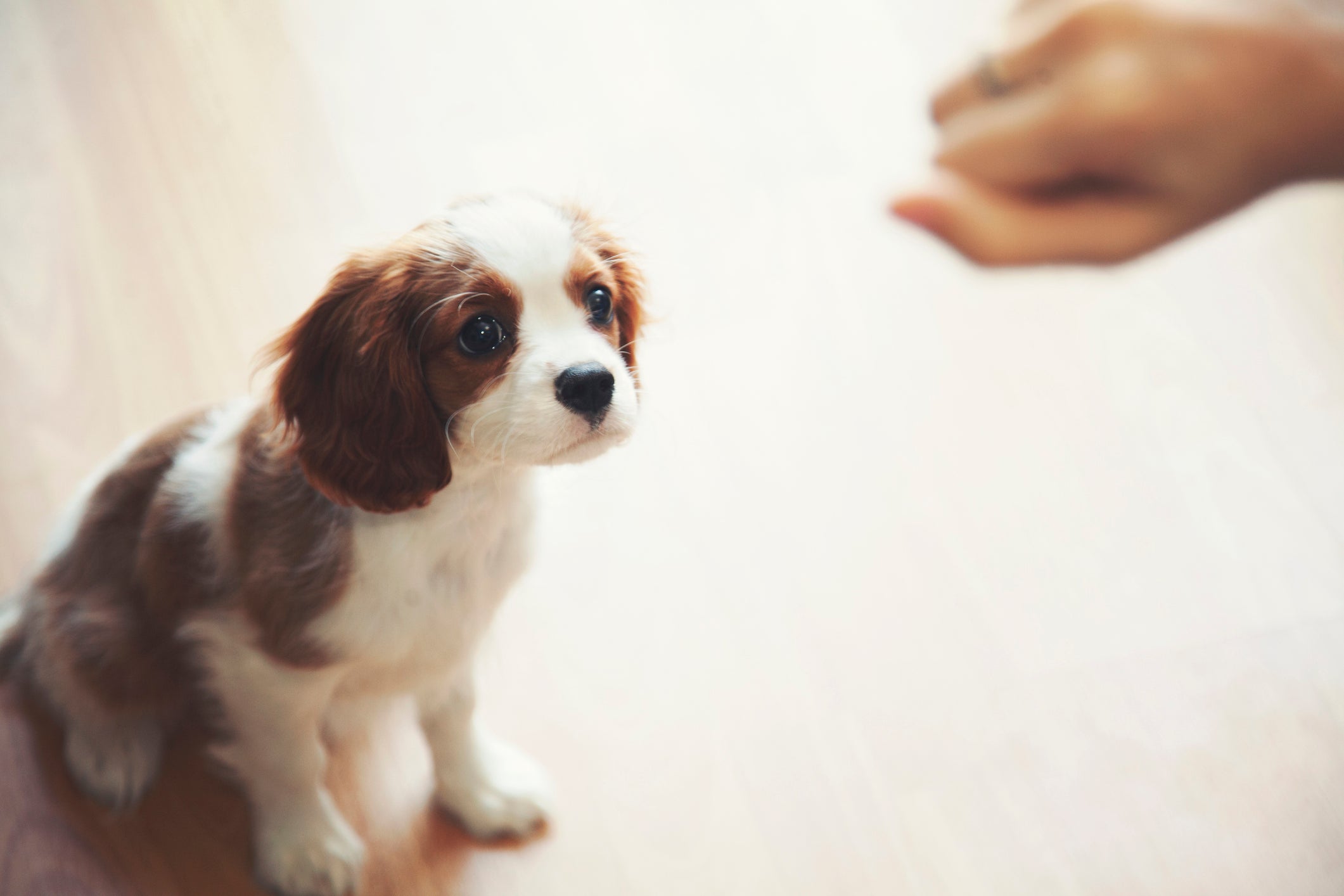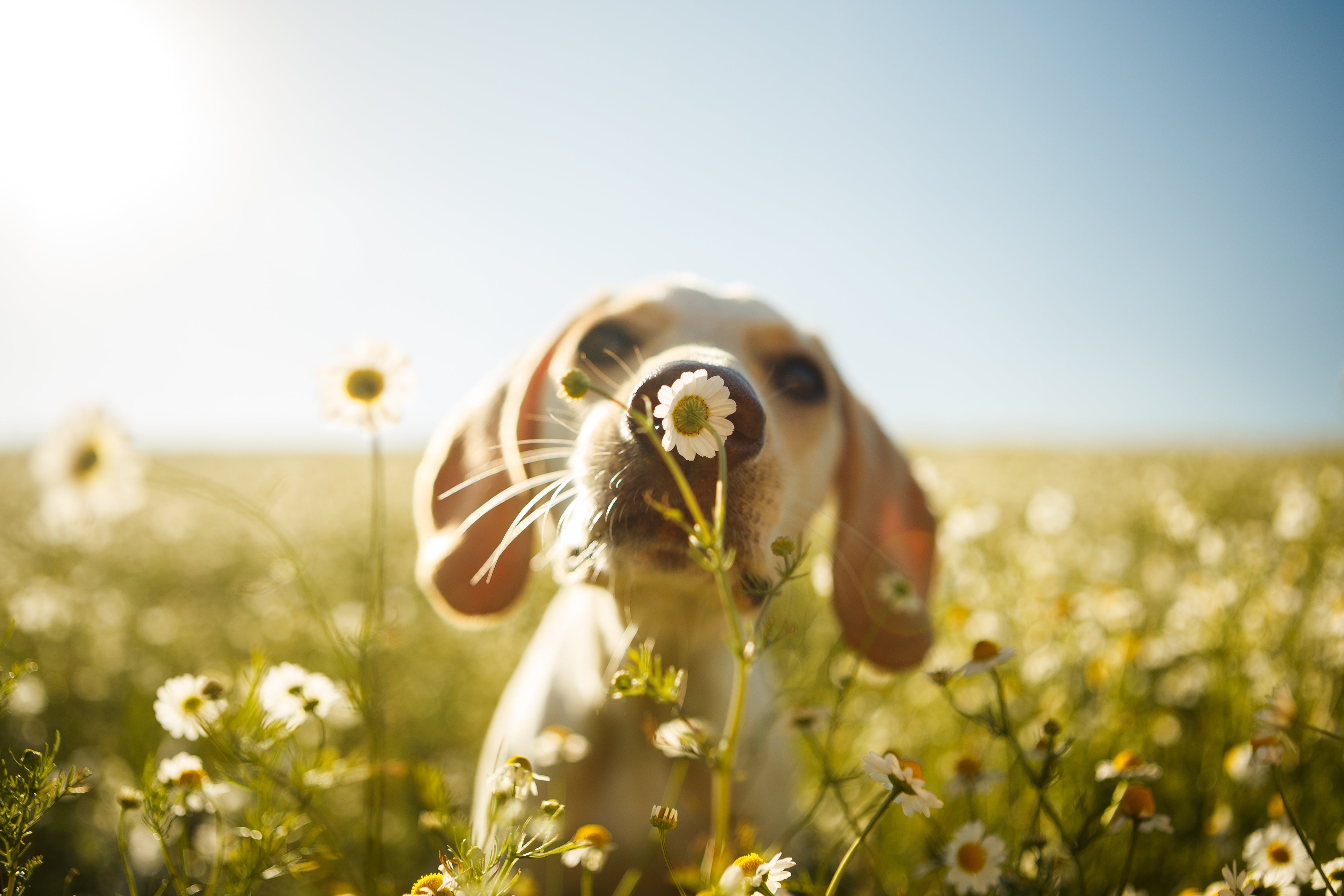Bringing home a new puppy is an exciting adventure filled with cuddles, playtime and potty training. But beyond these basics there's one important aspect that will shape your puppy for life - socialization. Introducing your puppy to the world at an early age is essential to ensure he grows up to be a happy, well-adjusted companion.
Understanding puppy socialisation : Puppy socialisation takes place during the critical period between 3 and 12 weeks of age, when your puppy will learn the social aspects of canine life and be exposed to a variety of stimuli to become accustomed to new experiences, helping them develop into confident, well-adjusted adult dogs.
Why is puppy socialization important?
- Adaptation to modern society: In the modern world, dogs are faced with a variety of stimuli, from busy streets to a wide variety of people, animals and objects. Early socialization prepares them for these encounters and reduces the likelihood of fear or anxiety.
- Behavioral Health: Puppies who are isolated in confined spaces in the home can develop fears and anxieties that can lead to behavioral problems as adults. Socialization helps to develop a more confident, well-adjusted and sociable adult dog.
When to socialize your puppy: The optimal socialization period is between 3 and 12 weeks of age, with the breeder or foster parents responsible for the first few weeks. Socialization may vary depending on the breed and individual dog.
How to socialize your puppy:
- Preparation is key: Stock up on essentials like treats, collar, harness, lead, water, chew toys, waste bags, a comfortable mat or blanket, etc. Ensure your puppy's safety when out and about, especially before he is fully vaccinated.
- Positive Reinforcement: It's important to make the outside world a positive experience for your puppy. Make sure they have fun outside through praise, treats and affectionate interactions.
- Gradually stimulate: Introduce new stimuli slowly and watch your puppy's body language, progressing at his own pace even with unfamiliar objects and different environments.
- Interaction with people: Allow brief positive interactions with adults and children. Avoid strangers picking up your puppy, which can provoke fear.
- Attend socialization classes: Once your puppy has been vaccinated, enroll him in socialization classes. These classes will expose him to a variety of stimuli and improve his social skills. For best results, choose training classes that are based on positive reinforcement.
- Establish a socialization schedule: Socialization should occur two to three times a week until puppies are at least six months old. Continued exposure ensures they feel comfortable in a variety of situations.
Tips for effective socialization:
- Diverse walking surfaces: During short walks, expose your pup to a variety of walking surfaces, including concrete, grass and dirt.
- Strategic Outings: Choose a safe location with low risk of infection until your pet is fully vaccinated. Avoid areas with stray or unvaccinated dogs.
- Playdates and the Park: Set up playdates with healthy, vaccinated dogs and make sure your dog has a clean area to play in.
- Human contact: They create social companions through interactions with people of different ages, sizes and races.
The keys to successful socialization are patience, positive reinforcement and a gradual approach. Investing time and effort in socializing your puppy will lay the foundation for a happy, confident and well-adjusted adult dog.
References: https://www.petmd.com/dog/behavior/how-to-socialize-puppy


